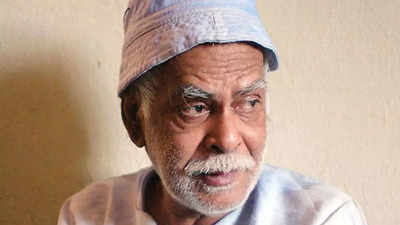Alan Turing – The Birth of Modern Computing

https://upload.wikimedia.org/wikipedia/commons/thumb/c/ce/Alan_turing_header.jpg/250px-Alan_turing_h...
Alan Turing is often called the Father of Modern Computing — a title he truly earned through his groundbreaking ideas and visionary research. Born in 1912 in London, Turing’s genius laid the foundation for how computers think, calculate, and even make decisions today.
In 1936, Turing introduced the concept of the Turing Machine, a simple but powerful model that could simulate any computer algorithm. This idea became the core of computer science, showing that complex problems could be solved step-by-step using logic and computation. His work helped define what it means for something to be “computable.”
During World War II, Turing played a key role in breaking the Enigma Code, a secret communication system used by the German army. His research and inventions at Bletchley Park helped save millions of lives and changed the course of history. The machine he designed to decode Enigma was one of the earliest forms of a programmable computer.
Turing also dreamed of machines that could think and learn like humans. In 1950, he proposed the famous Turing Test, a way to measure whether a machine can show intelligent behavior. This idea became the starting point of artificial intelligence (AI).
Though his life was tragically short, Turing’s influence never faded. From smartphones to AI systems, nearly every technology today is built on principles he discovered.


